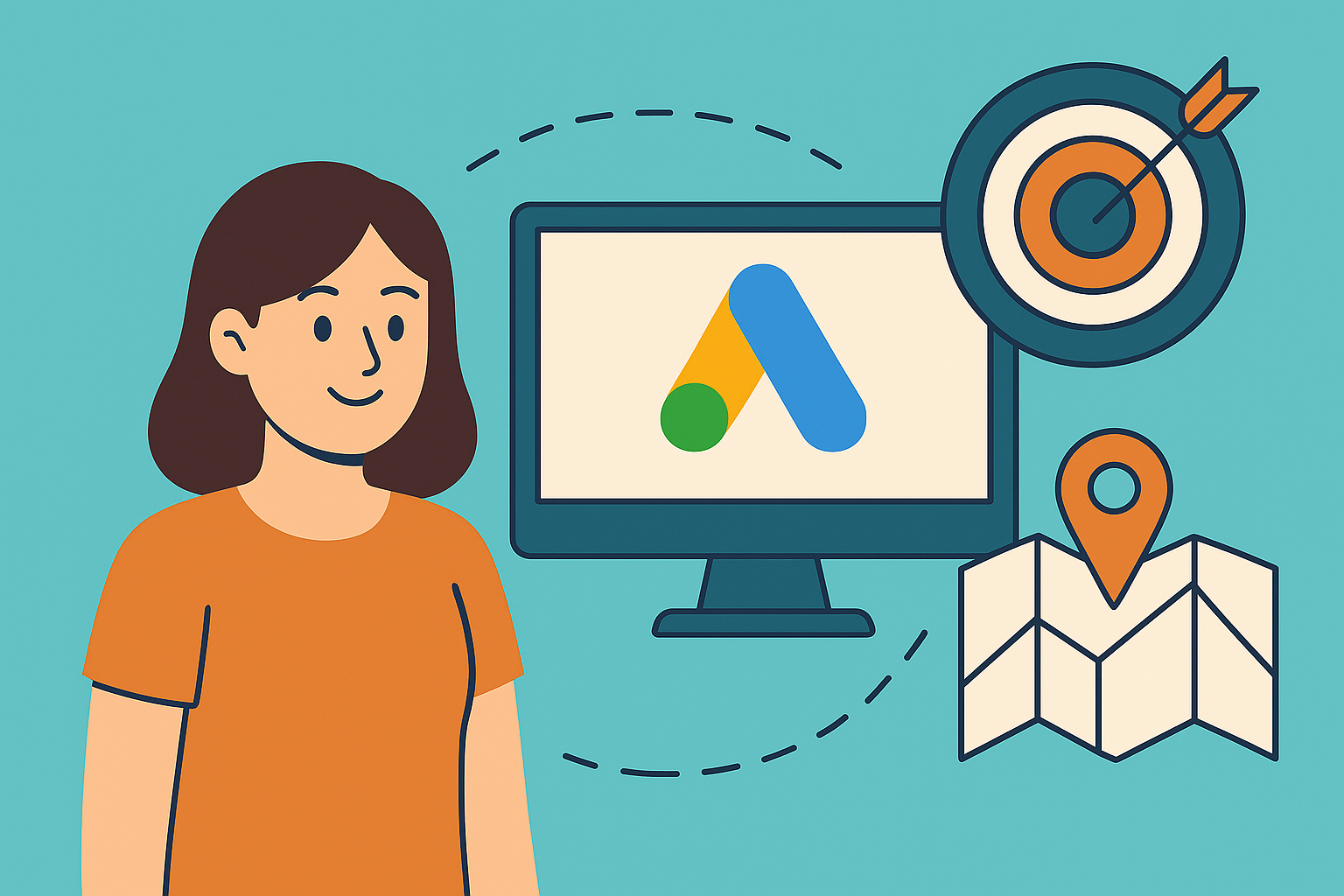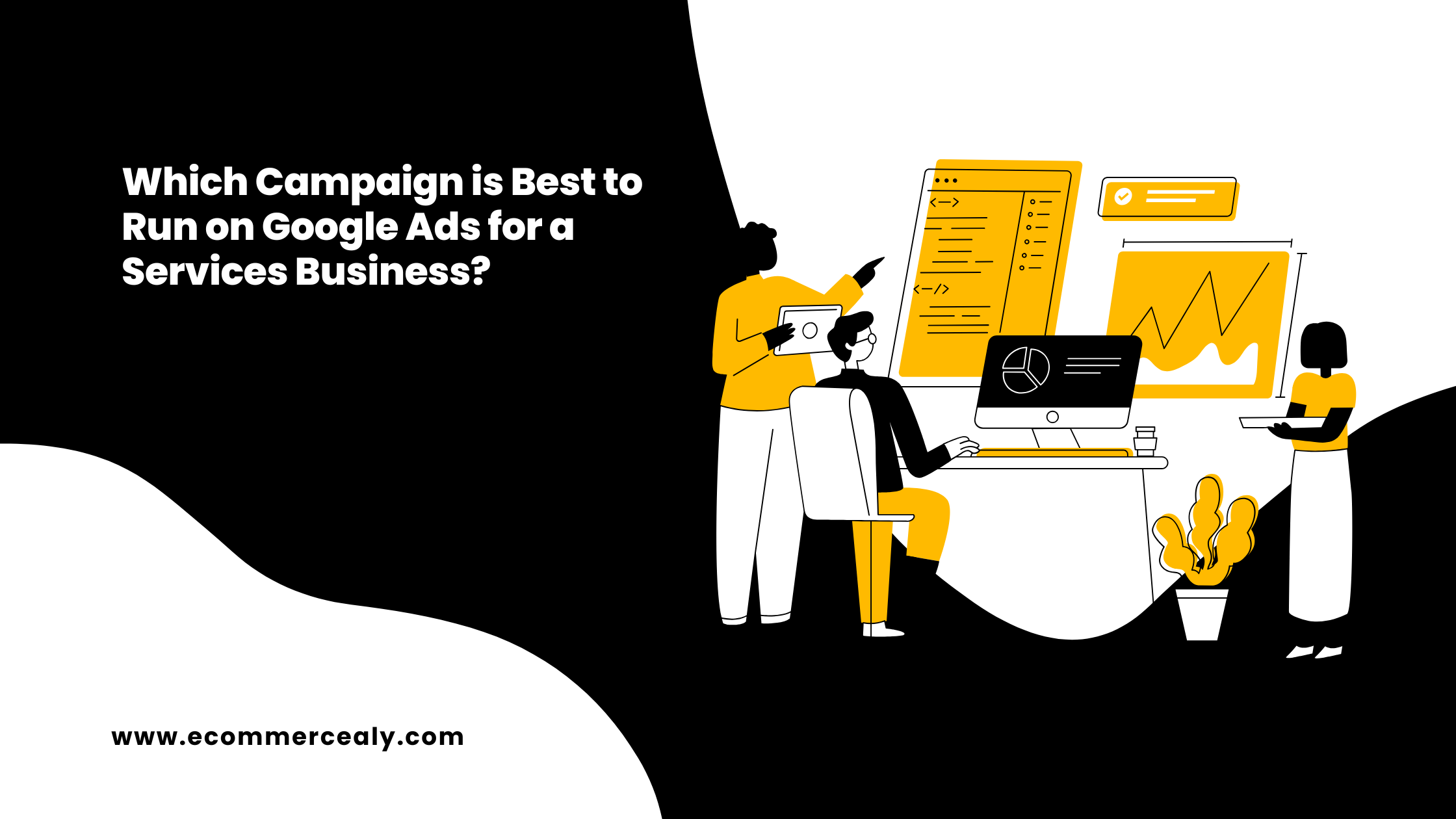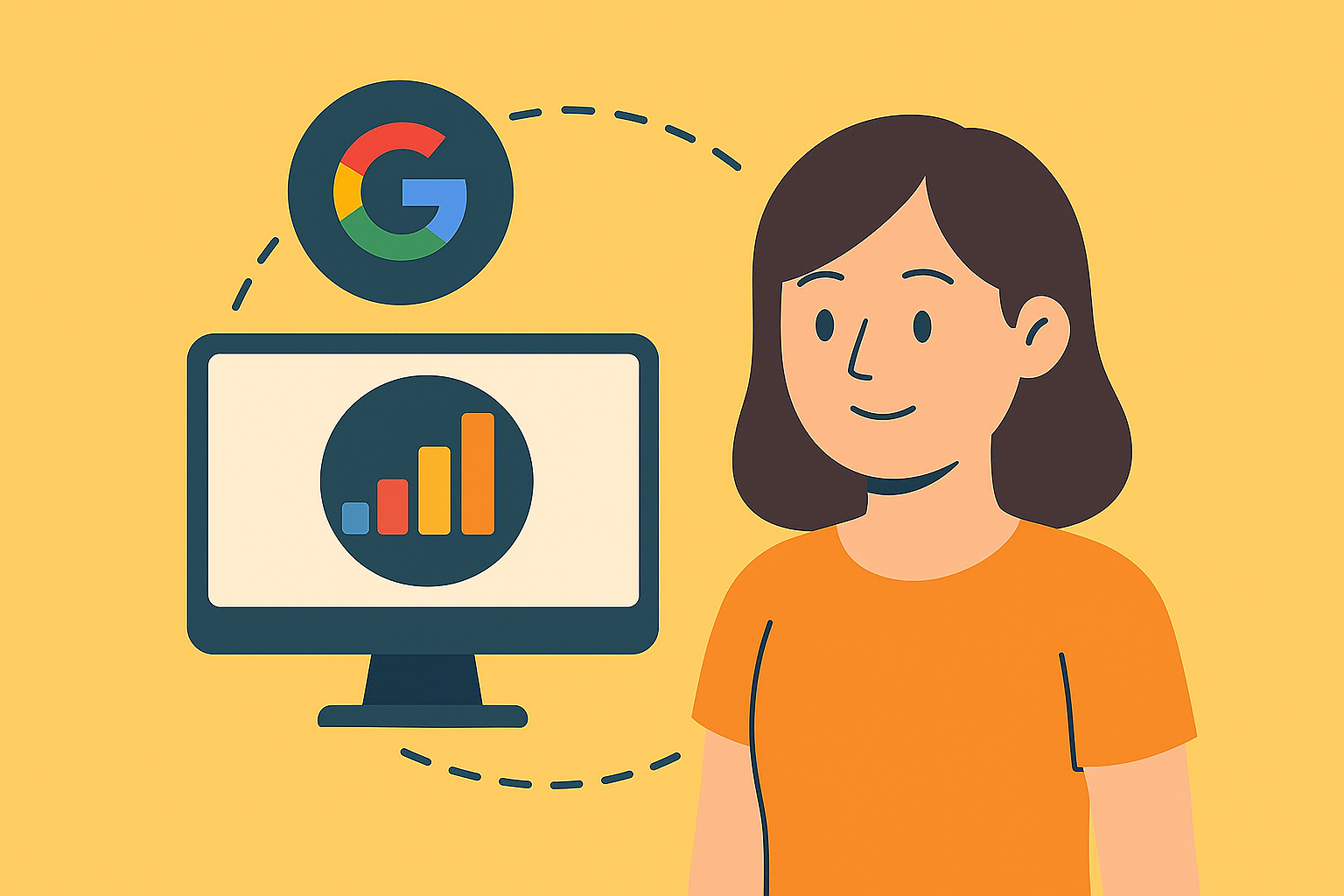Google Ads is an effective way to promote your business and attract new customers, especially for local businesses looking to increase their visibility and drive foot traffic. By targeting local customers with highly relevant ads, you can ensure that your products and services reach the right people at the right time. Here’s how to target local businesses with Google Ads and make the most of your advertising budget.
1. Set Up a Local Campaign
The first step in targeting local businesses with Google Ads is creating a campaign specifically designed to drive local traffic. Choose a campaign type that supports local targeting, such as a Google Ads Smart Campaign or a Search Campaign. These campaigns are optimized to display your ads to users in a specific geographic location, whether it’s a radius around your business or a particular city or region.
2. Refine Your Location Targeting
Google Ads allows you to set detailed location targeting based on your business’s geographic reach. For local businesses, ensuring your ads are seen by customers within a specific radius is crucial. You can set the radius from your physical location or choose specific towns, cities, or postal codes to target.
Additionally, you can exclude areas where you don’t want your ads to appear. If you’re unsure about the best targeting options for your local business, a Google Ads consultant can help you fine-tune your settings to reach the right customers.
3. Utilize Location Extensions
Location extensions are an essential feature for local businesses running Google Ads. These extensions display your business address, phone number, and a map of your location directly within your ad. This makes it easy for potential customers to find your business or get in touch with you.
By adding location extensions, your ad becomes more relevant to local searchers, which can increase click-through rates (CTR) and help you stand out from competitors. A Google Ads consultant can assist in setting up location extensions to ensure your ads are visible to nearby users.
4. Use Geo-Targeted Keywords
Incorporating local keywords into your Google Ads campaigns is a powerful way to target customers in your area. Use location-specific terms in your keyword selection to ensure your ads are shown to people searching for businesses like yours in your local area. For example, instead of just using “plumber,” use “plumber in [city name]” or “emergency plumber [location].”
A Google Ads consultant can help you identify the most effective geo-targeted keywords for your industry and region, improving the relevancy of your ads and increasing the chances of attracting local customers.
5. Optimize Ad Copy for Local Relevance
Tailor your ad copy to highlight your local offerings, services, or promotions. Emphasize your location, special deals for local customers, or any unique aspects of your business that set you apart from competitors in the area. Including local references in your ad copy can make it more appealing to potential customers in your target market.
For instance, if you’re running a sale, mention the specific location or neighborhood to make the offer feel more personalized. A Google Ads consultant can help craft compelling ad copy that resonates with local customers and drives more qualified leads.
6. Leverage Google My Business
Google My Business (GMB) is a free tool that allows local businesses to manage their online presence on Google. Ensure your GMB profile is fully optimized, as this will enhance your local Google Ads performance. A verified and optimized GMB profile boosts your credibility, helps customers find your business, and can improve your ad performance.
By integrating GMB with your Google Ads account, you can use features like call extensions, location extensions, and local reviews in your ads. A Google Ads consultant can assist in connecting your Google Ads campaigns to GMB and maximizing the benefits of local targeting.
7. Track Performance and Optimize
Once your campaign is live, it’s important to track its performance and adjust accordingly. Monitor key metrics such as impressions, clicks, conversions, and return on investment (ROI). Analyzing the data will help you identify which locations, keywords, and ad copies perform best, allowing you to make data-driven adjustments to optimize your campaign.
If you’re unsure how to interpret the data or optimize your campaign effectively, a Google Ads consultant can provide expert guidance on how to improve your targeting, budget allocation, and overall strategy for maximum results.
8. Remarketing for Local Customers
Remarketing is a highly effective strategy for local businesses looking to re-engage potential customers who have already shown interest in their products or services. By targeting users who have previously visited your website or interacted with your business, you can encourage them to return and complete a purchase or visit your store.
Use Google Ads’ remarketing features to display relevant ads to users based on their previous interactions with your business. A Google Ads consultant can help you set up a remarketing campaign tailored to your local audience.
Conclusion
Targeting local businesses with Google Ads requires a strategic approach to ensure your ads reach the right audience. By refining your location targeting, utilizing local keywords, and optimizing your ad copy, you can drive more local traffic to your business. To make the most of your local Google Ads campaigns, consider working with a Google Ads consultant who can guide you through the process, optimize your campaigns, and help you achieve greater success in your local market.








